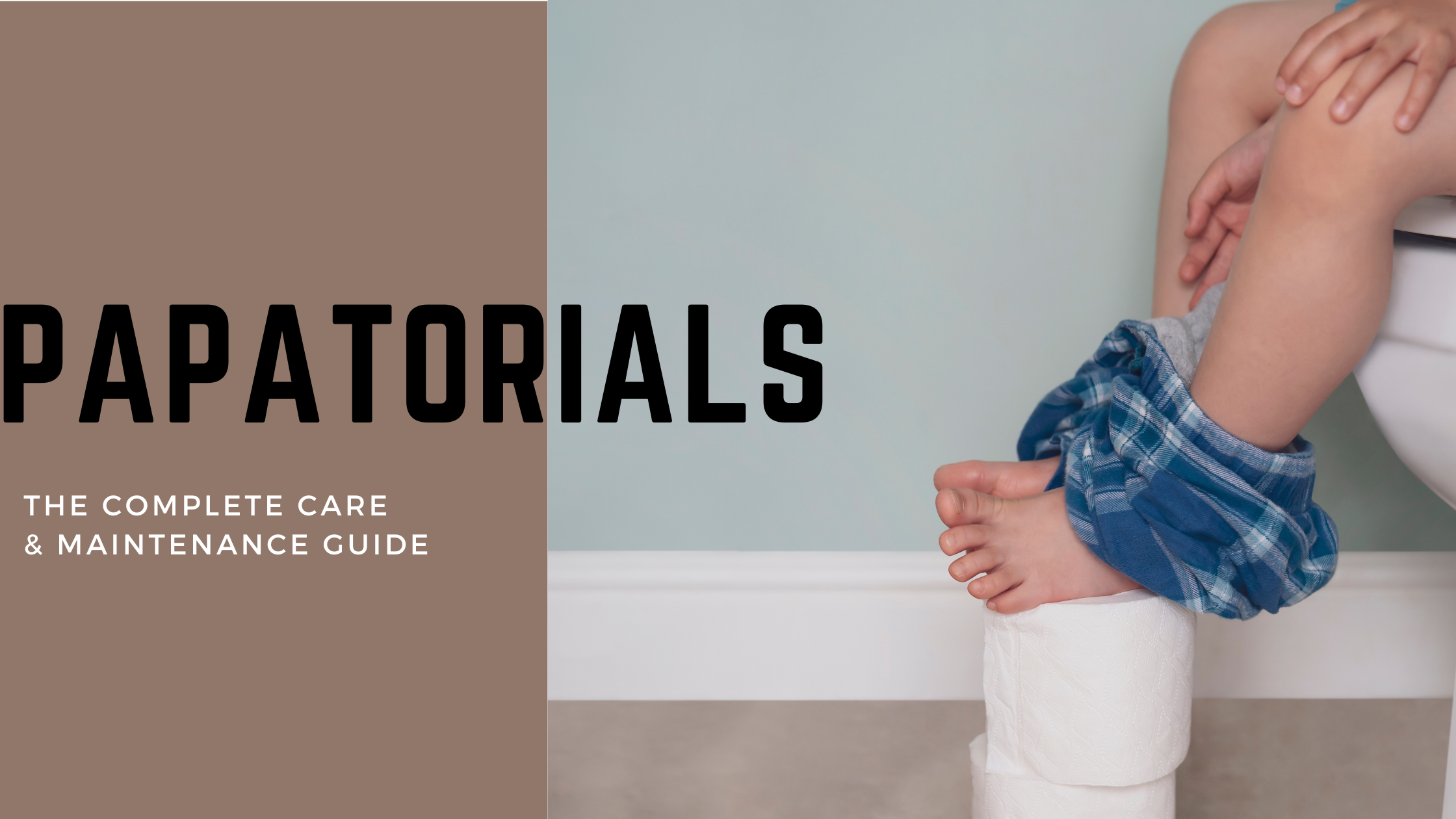
Diarrhea
〰️
Diarrhea 〰️
Care Plan
What to expect
When it comes to baby poop, there's a wide range of what's considered normal, including loose stools or stools in colors other than brown.
Diarrhea is likely if the stools are much looser or more watery than your child's usual bowel movements. The diarrhea might also have a green or light yellow tint or be streaked with mucus.
The frequency of your child's bowel movements is also important. One loose stool might not be a cause for concern, but if your child is pooping more frequently and the stool is looser, it could indicate an issue.
Effects of Baby Diarrhea
The biggest concern with baby and toddler diarrhea is dehydration, especially if it lasts more than a day. Frequent, very loose stools can cause significant fluid loss, along with salts and other electrolytes, which can be dangerous.
How to prevent?
Wash hands
Wash your baby's hands with soap and warm water frequently, especially after changing diapers. You can also use hand wipes when washing isn't possible.
Handle food safely
Avoid giving your baby unpasteurized milk, which can contain bacteria, viruses, and parasites. Wash all produce thoroughly before giving it to your baby.
Vaccinate
A rotavirus vaccine can help prevent diarrhea caused by rotaviruses. You can ask your child's healthcare provider about other vaccines that might be right for your child.
Breastfeed
Breastfeeding can help prevent diarrhea and help your baby recover faster. If you're breastfeeding, you might need to adjust your own diet to avoid foods that could trigger diarrhea in your baby.
Keep hydrated
Make sure your baby gets plenty of liquids to avoid dehydration. You can offer your baby breast milk, formula, or an oral rehydration solution (ORS) like Pedialyte. ORS can help replace water and salts lost during diarrhea. If your baby won't eat solid foods, you can offer milk or formula as a fluid. If your baby is eating solid foods, you can try starchy foods like cereals, bread, crackers, rice, pasta, or mashed potatoes. You can also offer pretzels or salty crackers to add some salt to meals. Avoid giving your baby most fruit juices, full-strength sports drinks, or soft drinks, as they can make diarrhea worse.
How to care for diarrhea?
Diarrhea usually resolves on its own within a few days. In the meantime, it's important to keep your child hydrated and offer gentle foods if they have an appetite. If your child isn't vomiting or showing signs of dehydration, it's fine to continue their normal eating and drinking routine.
Tips for Managing Diarrhea in Babies and Toddlers
Consult Your Pediatrician
Always check with your pediatrician for specific advice on treating diarrhea in your baby or toddler. Here are some general tips:
Offer Electrolyte-Rich Liquids
Over-the-counter pediatric electrolyte solutions like Pedialyte are better than plain water if you suspect dehydration, as they provide important minerals like sodium and potassium. Give the solution as is, without mixing it with formula or juice, and discard any unused liquid within 48 hours of opening. Avoid sports drinks, which are high in sugar and can worsen diarrhea.
Encourage your toddler to drink a few ounces every 15 to 30 minutes if they can keep it down. Babies need less—around 2 tablespoons every 30 to 60 minutes. If you're unsure about the appropriate amount, call your pediatrician
Continue Breastfeeding or Formula Feeding
Both provide essential nourishment and hydration. Breastfeeding can even help your baby recover more quickly. Do not dilute the formula. Breastfeed on demand, and if your formula-fed baby seems thirsty between feedings, ask the doctor about giving PedialyteStick with Bland Foods
For older babies and toddlers, offer bland foods in smaller, more frequent portions. Options like bananas, plain pasta, toast, rice cereal, or plain crackers are gentle on the stomach and have a binding effect. If they have a bigger appetite, try skinless plain baked chicken or turkey, baked potatoes, or plain pancakes without syrup.
Use Probiotic Yogurt for Diarrhea from Antibiotics
Plain probiotic yogurt with active, live cultures can help alleviate diarrhea caused by antibiotics by introducing beneficial bacteria into the gut.
Avoid Certain Foods
Keep fruit juices, cow’s milk, sugary treats, processed foods, and fried or fatty foods off the menu until your child's stomach is back to normal.
Watch for Diaper Rash
Frequent diarrhea can cause diaper rash. Change diapers frequently, clean the bottom with plain water instead of wipes, and allow the area to air-dry when possible before putting on a fresh diaper. Use diaper cream if you notice redness or as a preventative measure. Wash your hands thoroughly after each diaper change.
Avoid Anti-Diarrhea Medications
Over-the-counter anti-diarrhea treatments containing bismuth, magnesium, or aluminum can be harmful to babies and toddlers. Never give these medications to your child unless directed by your pediatrician.
When to See a Doctor
A single bout of diarrhea isn't usually a cause for concern, but you should contact your pediatrician if you notice any signs of dehydration or if your child has:
- Fewer than four wet diapers in 24 hours (babies) or less frequent urination (toddlers)
- Dark or concentrated urine
- Dry or cracked lips, or a dry mouth
- Tearless crying
- Listlessness or decreased activity
- Sunken eyes (babies)
- A sunken soft spot on the top of the head (babies)
- Dry or slack skin (babies) or flushed or unusually cool hands or feet (toddlers)
Additionally, call the doctor if your child has a fever over 102°F, black or bloody stools, or seems unusually cranky or irritable.
Trust your instincts. If you have any questions or concerns about your baby's or toddler's diarrhea, even if they don't seem dehydrated and are eating and drinking normally, it's always worth calling the doctor for advice and peace of mind.